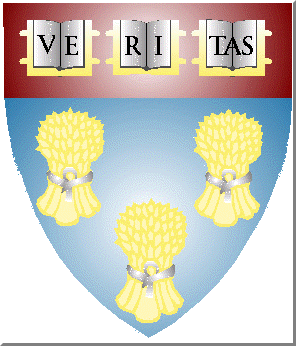| BRIEF SUBJECT DESCRIPTION
The seminars focus on the "gate-keeping" role of judges. Ever since
the United States Supreme Court’s decision in Daubert v. Richardson Merrill-Dow
in 1993, questions have raged about the nature and extent of the judicial
gatekeeping role in assessing the admissibility of expert scientific testimony,
about the reach of the gatekeeping role to other forms of expert and non-expert
testimony, and about the means, methods and procedures judges can use in
performing the gatekeeping function.
A SAMPLING OF QUESTIONS TO BE EXPLORED:
Can a tort system, designed to allow lay people to apply common sense
to questions of everyday negligence, deal with complex issues on which
experts cannot agree?
The courts have tried to codify what constitutes "good science" –
including standards of peer review and applicability outside a specific
case, but there is still not much guidance in how and when to apply these
guidelines. New science does not mean bad science. Is it the
judge’s responsibility to help the jury distinguish the difference?
The judge is often no more scientifically knowledgeable than the
jury. Who helps the judge? Should the judge hire his or her
own expert? Who pays for that? What if the judge’s expert is
not all that he or she should be?
Fred Friendly Seminars, Inc. provides the editorial and logistical
components of the "Judges As Gatekeepers" seminars. It is perhaps best
known for the award-winning Fred Friendly Seminars broadcast nationally
on PBS, as well as countless seminars for private audiences utilizing the
Socratic Dialogue format developed and refined by Fred Friendly.
The producer of this seminar is Ruth Friendly.
|

